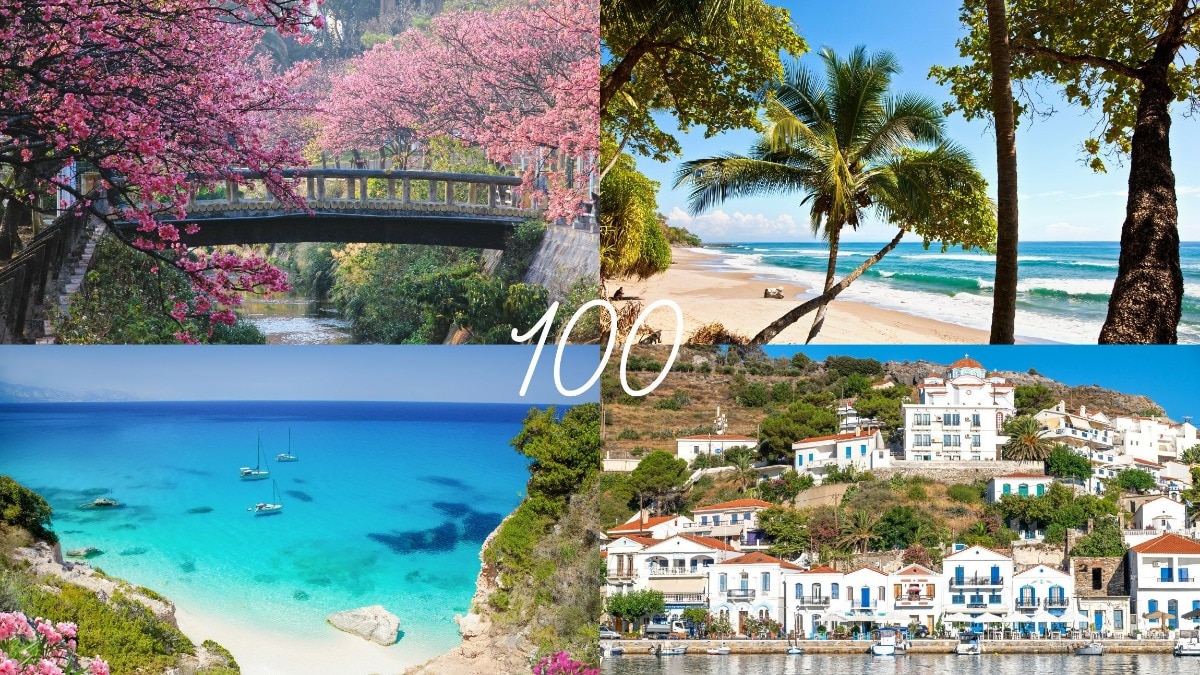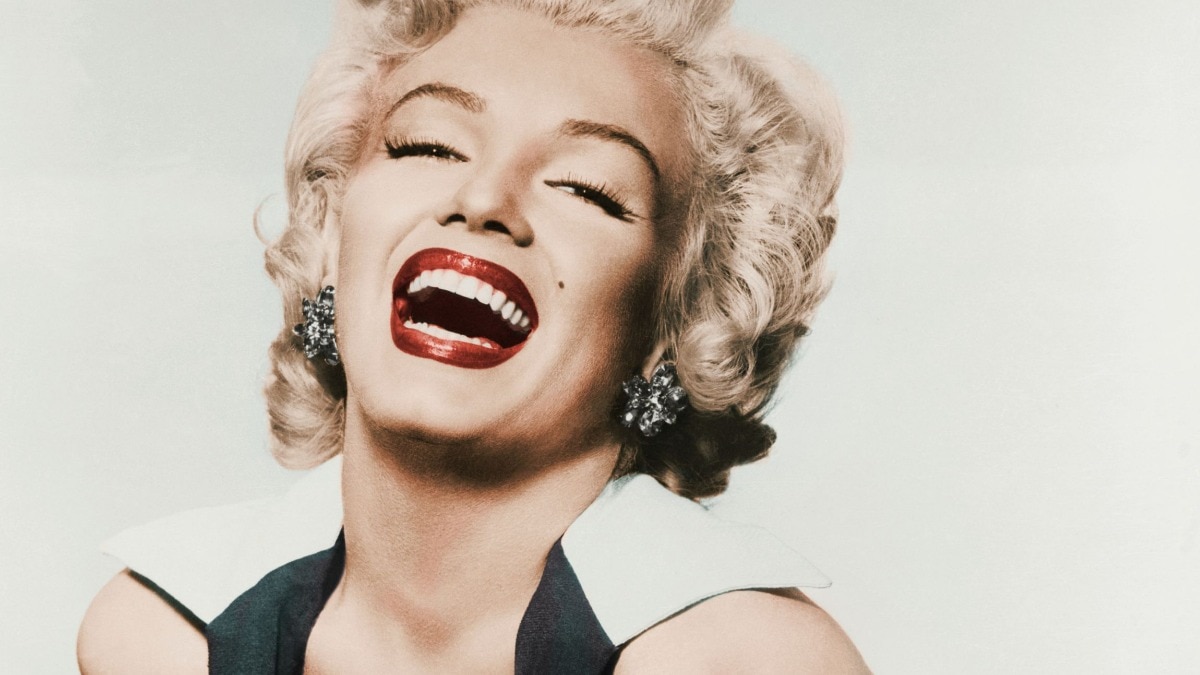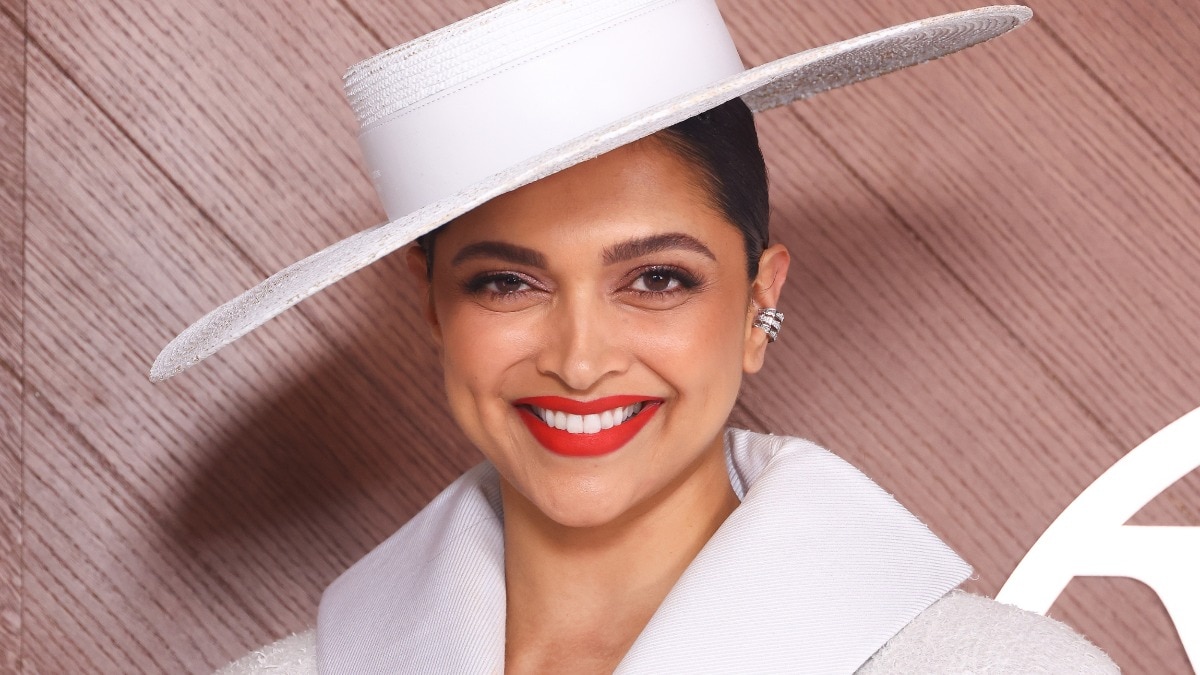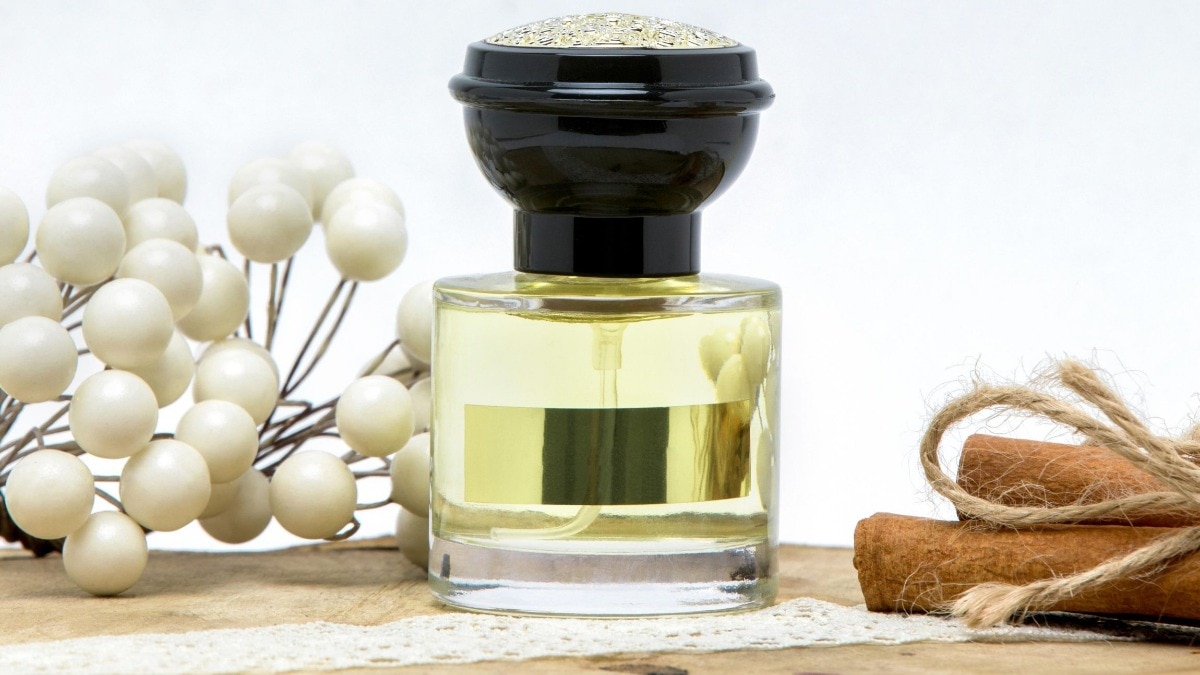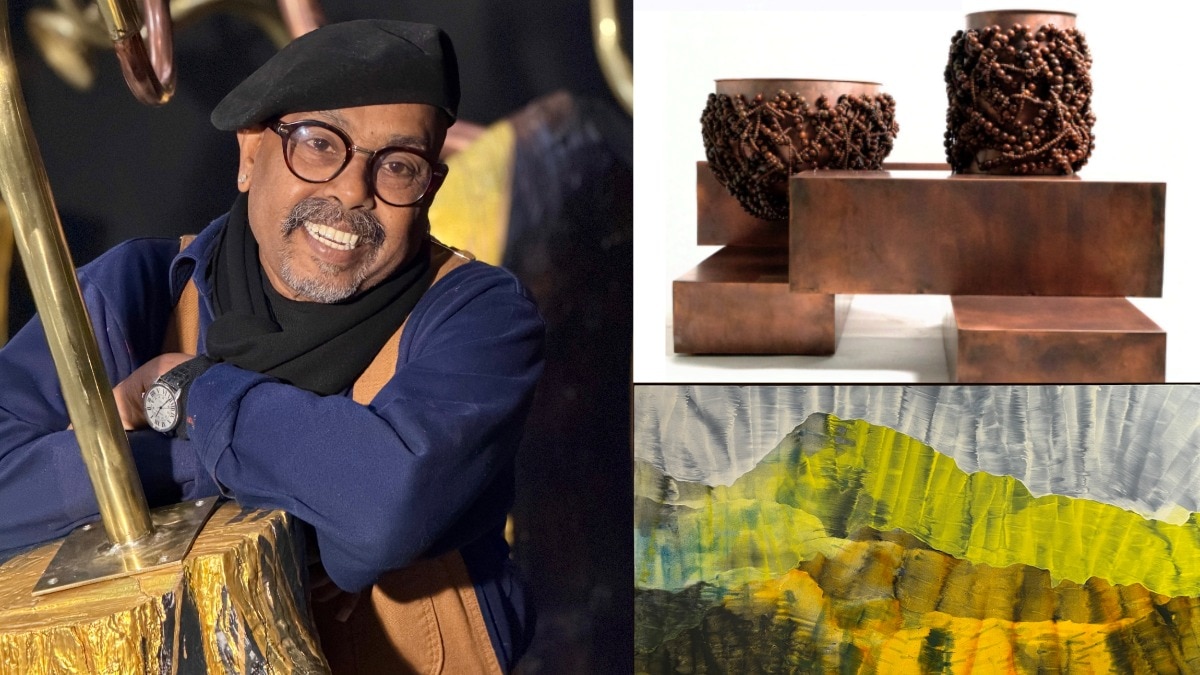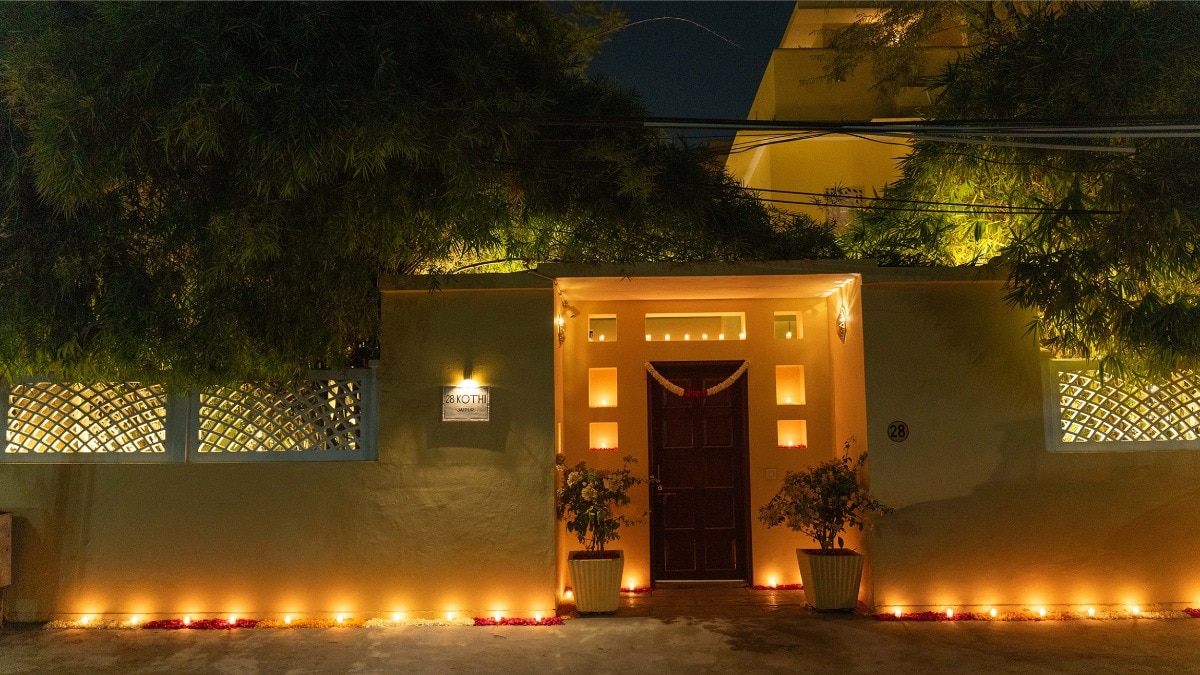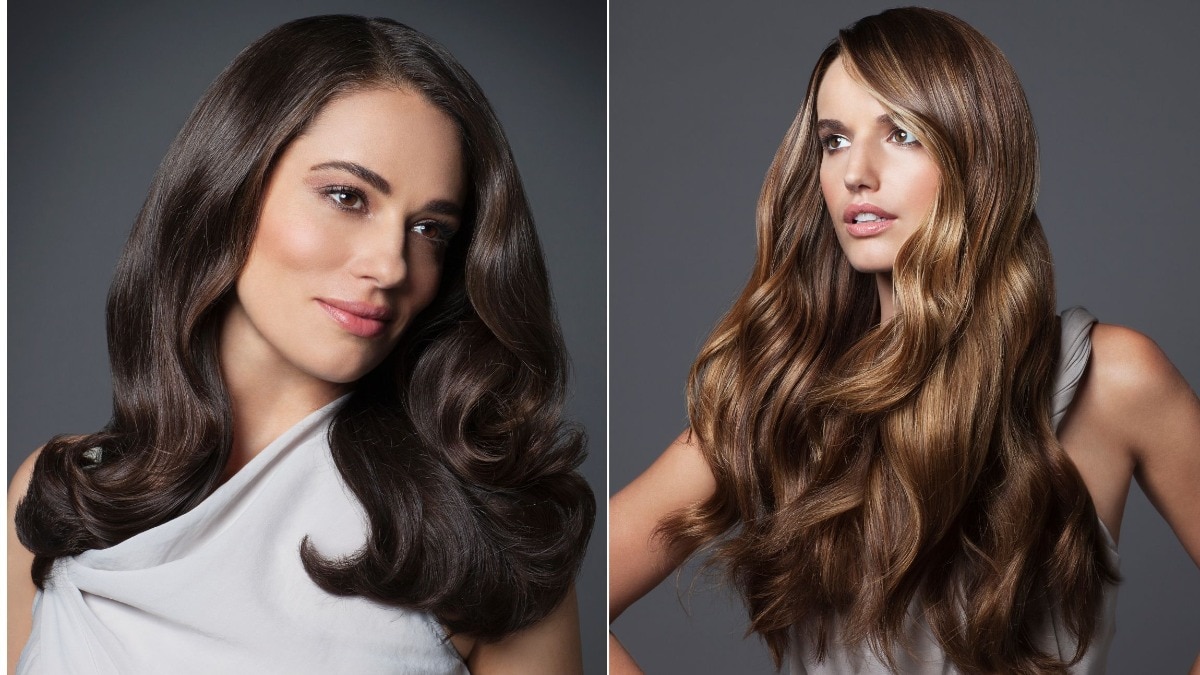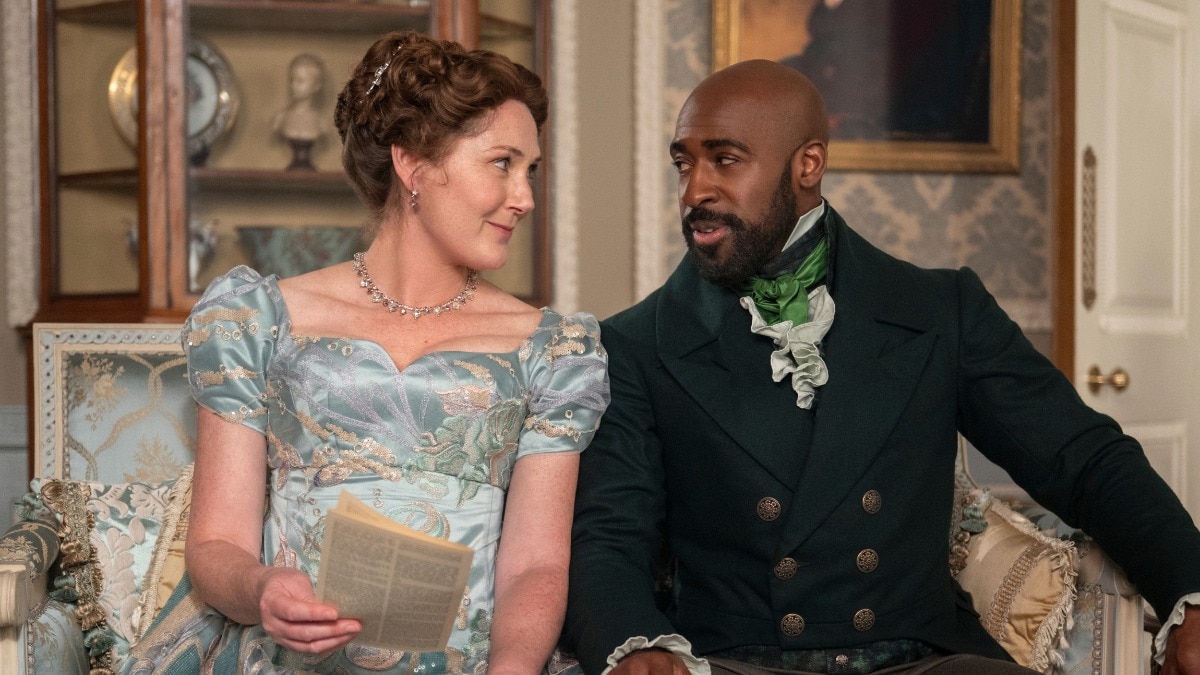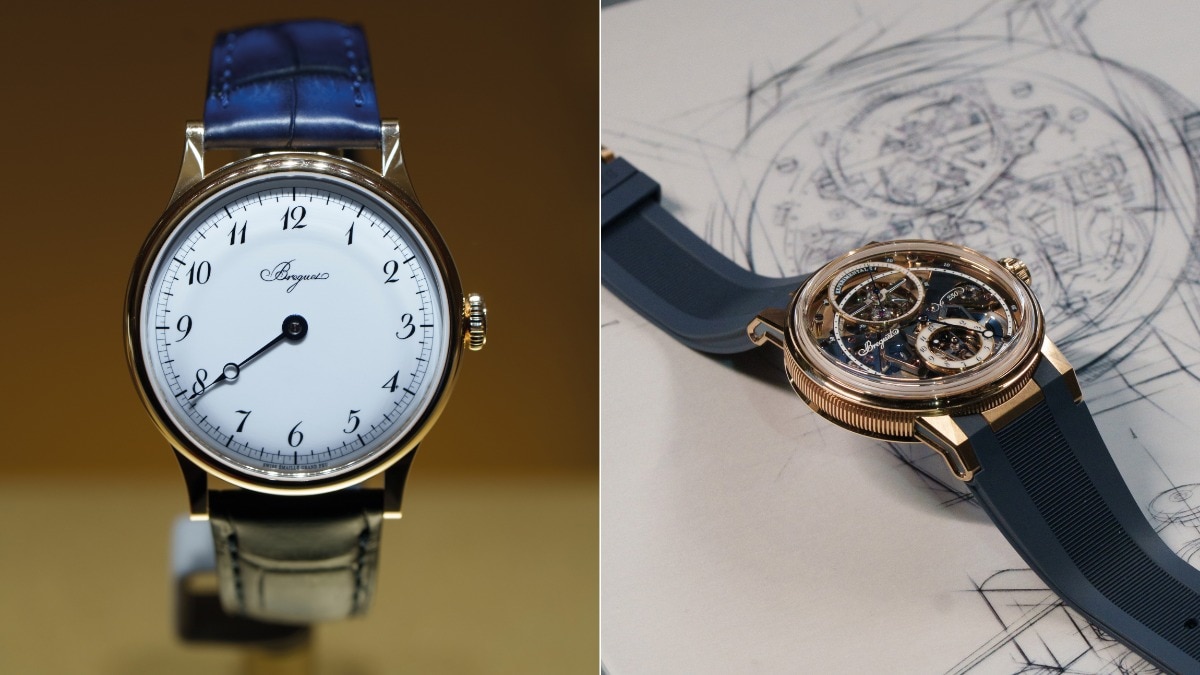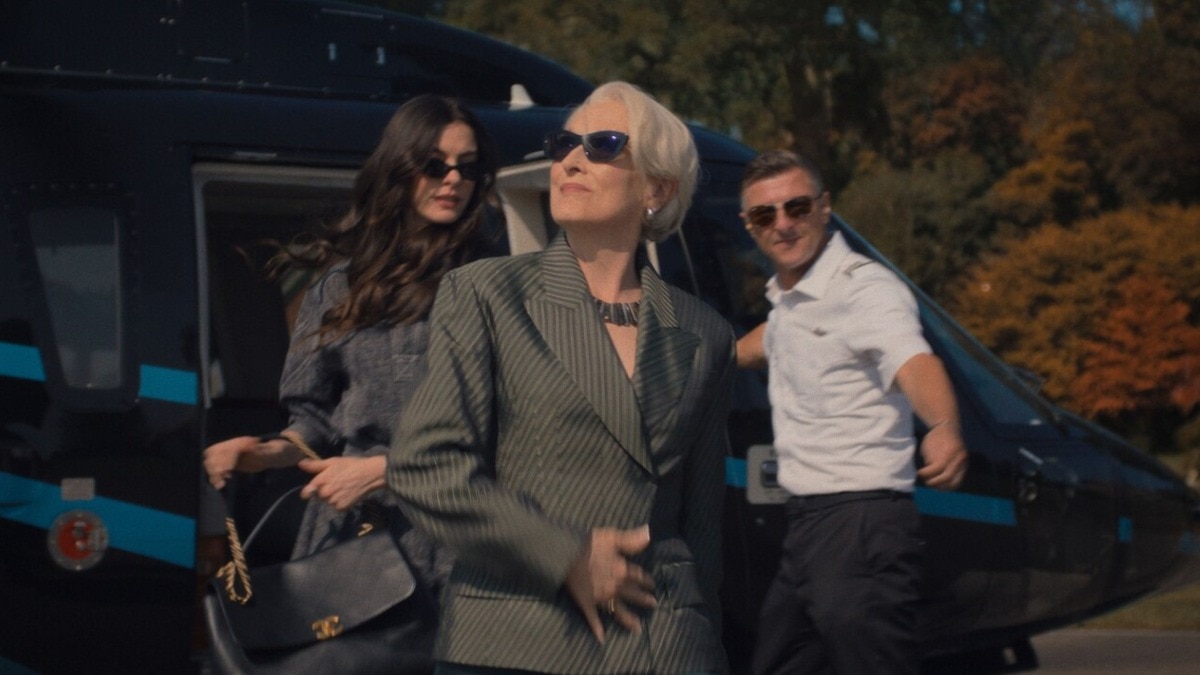
How 'scent routines' are turning fragrance into a personal time capsule for Gen Z
From scent to sentiment—it's no longer just about smelling good anymore.


Perfumes have a very special place in one’s closet—not because they’re expensive or extravagant, or even because they look great on the shelf, but because, for many of us, fragrances hold a memory, a moment in time. That may not be the case for everyone—some people simply pick a scent that suits their vibe, and that’s completely fair. But for Gen Z, fragrance has become so much more than just grabbing a pretty bottle off a Sephora shelf. For them, it’s about choosing a scent that speaks to something deeper—a feeling, a memory, a version of themselves they want to hold on to. Whether it’s a sweet vanilla that brings back a favourite summer holiday, a fruity scent laced with teenage nostalgia, or a musky wood that recalls a first date—for Gen Z, nostalgia lives in the base notes. Scent isn’t just about smelling good anymore; it’s a quiet kind of time travel—intimate, invisible, and entirely personal.
From notes to nostalgia
According to curator and creative strategist Shruti Sitara Singh, who specialises in keepsakes that have a story or memory to unfold, fragrance marketing is shifting from notes to nostalgia. “Perfume is a tool for self-connection, a way to revisit memories, regulate emotions, and sort of reinforce identity,” she says. She uses examples like Missing Person by Phlur, which went viral not for its composition but because they were marketed as an emotion—the trace of someone you miss. Or Maison Margiela’s Replica collection, which transforms memories into perfume. There's also Lazy Sunday Morning, which smells of fresh linen and sunlight, and By the Fireplace, which evokes cosy evenings by the fire.

“It’s no longer just about smelling good,” Singh says. “It’s about feeling something. Perfume is a tool for self-connection, a way to revisit memories, regulate emotions, and sort of reinforce identity.” Singh further talks about how Gen Z has essentially redefined how scent is approached. “The idea of a signature scent has faded. Instead, Gen Z builds fragrance wardrobes, selecting scents to match different moods, occasions, and even life stages. A bold, powerful scent for confidence. A soft, nostalgic one for comfort. Fragrance is no longer about lifelong commitment—it’s about marking moments in time.”
Scent layering, too, has become a mode of self-expression—much like fashion or music. Brands like Kayali, which promote layering-based perfumes, allow users to customise their scents, while Glossier You adapts to the wearer’s unique skin chemistry, ensuring every spritz smells slightly different on each person. “In an era where individuality is everything, fragrance is another way to craft a personal identity,” Singh explains.
A scent for every story
Unlike those before them—many of whom may have seen perfume as a luxury or a finishing touch to a night out—Gen Z views fragrance as an extension of their inner world.
For 26-year-old Ananya*, Chloé Eau de Parfum still remains a humble reminder of her final year in college. “I wore it every day during that last year in college, and there was so much that happened that year—I met my current partner, I had the best experiences with my friends; it was a mix of freedom and anxiety, but still happy memories. Whenever I wear it, it takes me back to that time. It’s like emotional teleportation.”
Sanjana, a 26-year-old visuals editor, shares a similar story. “I recently came across the empty bottle of a perfume my sister had gifted me. It had a sweet, floral scent that I wore almost every day when I was 21 and had just started my first internship. Even now, the fragrance lingers, and it brings back so many memories—those fun early days at work, the lovely people I met, and that mix of excitement and nervousness that came with starting something new. I don’t think I’ll ever throw that bottle away.”
For 24-year-old marketing executive Irah*, jasmine will always be a favourite scent. “I used to love the jasmine perfume my dance teacher wore. Even now, whenever I catch that scent, I’m taken straight back to my early dancing days. I looked up to her so much—she was graceful, confident, everything I wanted to be. And today, that is one of my favourite fragrances because those were some of my fondest memories.”
“I’m not usually someone who’s into perfumes,” says 22-year-old Sakshi. “But there’s this one perfume that my boyfriend wears—Ralph Lauren Ralph’s Club Eau de Parfum—which I’ve come to associate so strongly with him. Now, whenever I catch a hint of bergamot, that same feeling washes over me. It’s comforting, almost like he’s right there.”
This isn’t just coincidence—it’s biology. “Fragrance acts almost like an emotional language for them and also connects with memories,” clinical psychologist Sophia Peermohideen explains. “For many, choosing a fragrance can be a deliberate act of grounding or expressing self-love.” In this way, scent becomes part of a daily ritual—a way to maintain consistency, revisit certain chapters, or even try on a new persona.
Fragrance as emotional self-care
Now, one would assume that Gen Z’s love for nostalgic scents is just about holding on to the past. But it's deeper than that. For a generation that isn’t afraid to sit with their emotions, fragrance has quietly become part of Gen Z's self-care kit. Just like journalling, meditating, or going for a long walk, scent plays a role in how they manage their moods and reconnect with themselves. Be it a calming lavender or an energising bergamot—these aren’t just preferences; they’re intentional choices.
“Scents often play a significant role in regulating mood, managing anxiety, and fostering self-expression,” Peermohideen shares. “Much like aromatherapy, certain scents are chosen to influence one’s emotional state.” This emotional connection is reflected in the growing appeal of functional fragrances, which are often designed to do more than just smell good. These scents that claim to ease your stress, help you sleep, or boost your concentration are flooding shelves and TikTok feeds alike. On social media, “scent routines” are becoming as popular as skincare rituals, with creators sharing the perfumes they wear to calm anxiety, process a tough day, or feel more like themselves again.

According to Singh, “Social media has reshaped the way fragrance is experienced and discussed. Details such as the top notes, base notes, sillage, etc, have given way to immersive storytelling. On platforms like TikTok and Instagram, perfumes are described like moods or movie scenes: this smells like golden hour in a quiet city, like a rainy day with a typewriter, like the main character in an indie film...”
Luxury brands that understand this shift—where scent, storytelling, and self-branding intersect—are the ones thriving. Singh points to Prada Paradoxe, whose tagline 'Be your own paradox' resonated deeply with Gen Z’s love for identity fluidity. “Its refillable bottle aligned with their conscious values, proving that the modern fragrance consumer thinks beyond just the scent itself,” she says.
This shift has opened up an entirely new chapter for perfume. Especially for indie and niche brands, the focus isn’t just on rare ingredients or fancy packaging anymore—it’s on what a scent feels like. The stories it tells. The memories it holds. From drops that mirror seasonal moods to personalised blends that pull from digital diaries, the future of fragrance is shaping up to be more personal, more thoughtful, and deeply emotional.
*Names changed.
All images: Pexels, Unsplash
Also read: 5 perfume trends to keep on your radar in 2025
Also read: Can a fragrance change the way you experience the world?

